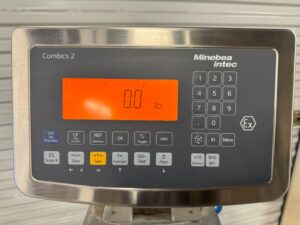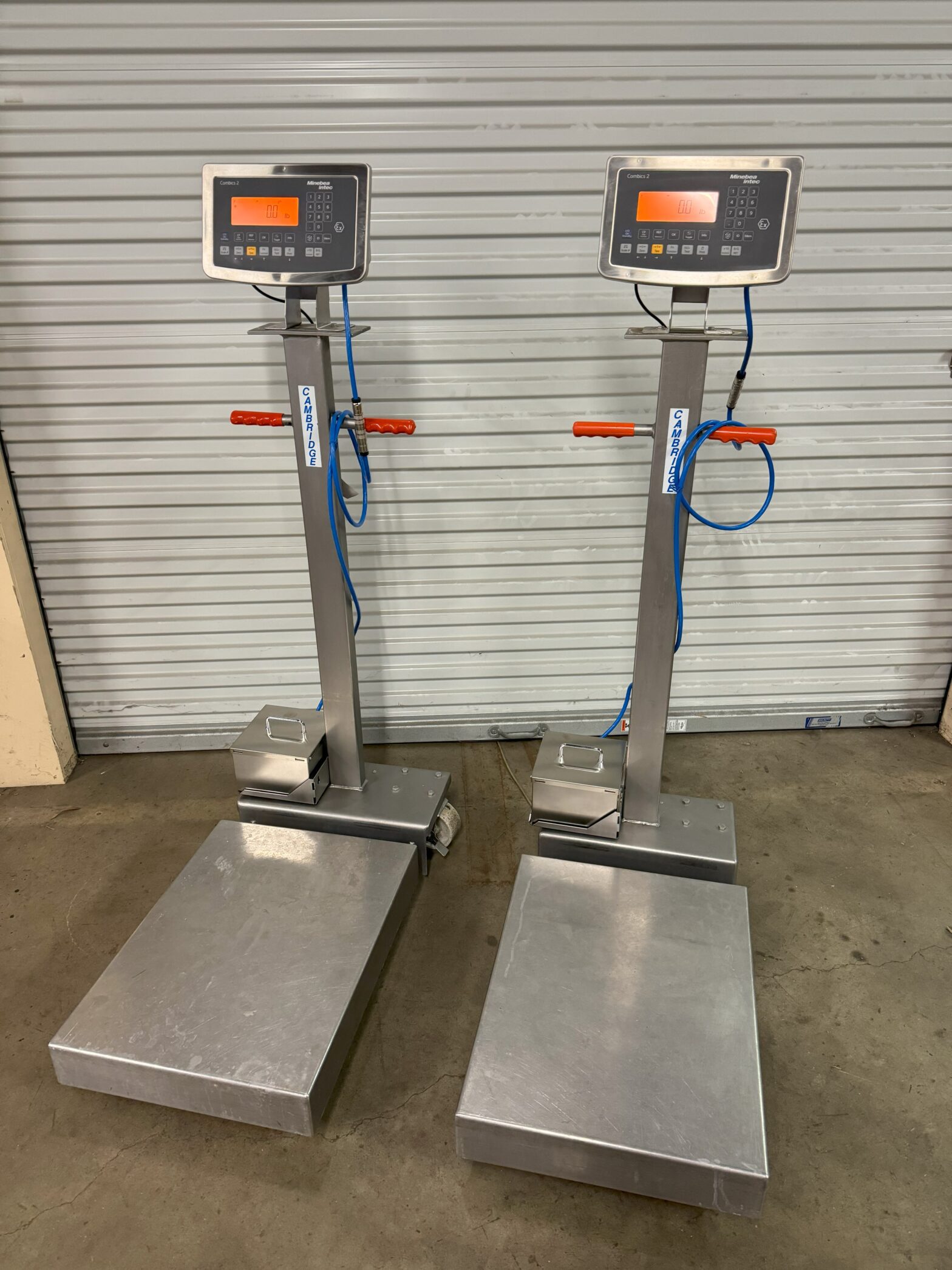When considering industrial scales that are intrinsically safe, it typically means they are designed to operate in hazardous environments where the presence of flammable gases, vapors, or dust could pose a risk. Intrinsically safe (IS) equipment is designed to prevent the ignition of these potentially explosive atmospheres. Here are some key considerations for industrial scales that are intrinsically safe:
Intrinsically Safe Certification: Ensure that the industrial scale has been certified as intrinsically safe by relevant authorities. Common certifications include ATEX in Europe and FM Approval in the United States.
Hazardous Area Classification: Understand the specific hazardous area classification of your facility (e.g., Zone 0, Zone 1, Zone 2 for gases, or Division 1, Division 2 for dust). The intrinsically safe equipment must be suitable for the classified area.
Construction Materials: The construction materials of the scale should be compatible with the hazardous environment. This includes corrosion-resistant materials and designs that minimize the risk of static electricity buildup.

Power Supply: Intrinsically safe scales are often low-power devices, and they might require specialized low-energy components. Consider the power requirements and ensure that they align with the available power sources in the hazardous area.


Temperature Ratings: Verify that the scale is designed to operate within the temperature range specified for your hazardous environment.
Ingress Protection (IP) Rating: Check the IP rating of the scale to ensure it provides adequate protection against dust and water. This is particularly important in industrial settings where the environment can be harsh.
Calibration and Maintenance: Intrinsically safe scales should be calibrated and maintained regularly to ensure accuracy and reliability. Make sure that your maintenance procedures comply with safety standards.
Integration with Other Equipment: If the scale needs to be integrated with other equipment, ensure that all components are intrinsically safe and that the integration process follows safety guidelines.
Training and Documentation: Ensure that personnel operating and maintaining the intrinsically safe scales are adequately trained. Clear documentation should be available for reference.
Compliance with Standards: Verify that the industrial scale complies with relevant international standards for intrinsically safe equipment in hazardous areas.
Manufacturer Reputation: Choose a reputable manufacturer with a history of producing reliable intrinsically safe equipment. Read reviews, check references, and inquire about the manufacturer’s experience in your industry.
Service and Support: Consider the availability of service and support from the manufacturer. This is crucial for addressing any issues promptly and ensuring ongoing compliance with safety standards.
Customization Options: Depending on your specific needs, inquire about customization options available for the intrinsically safe scale.
Always consult with safety experts, and potentially involve a safety engineer or consultant to ensure that the intrinsically safe industrial scale is appropriate for your specific hazardous environment. Safety is paramount in such environments, and adherence to regulations and standards is critical to prevent accidents and ensure the well-being of personnel and the facility.
For a quote on intrinsically safe industrial scale equipment, please call 1-800-924-8963 or contact us here.

